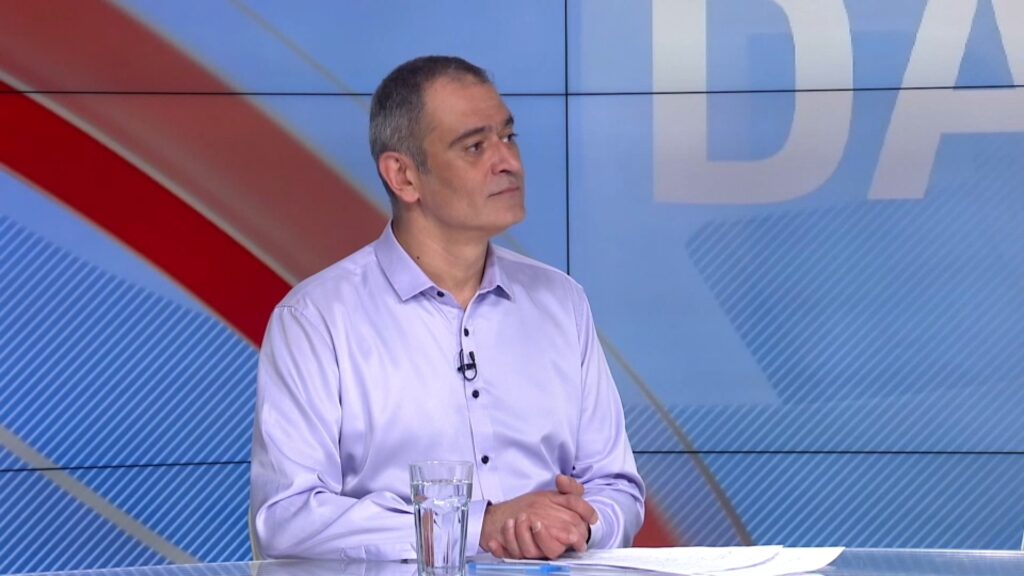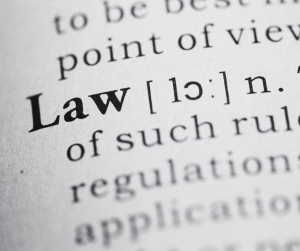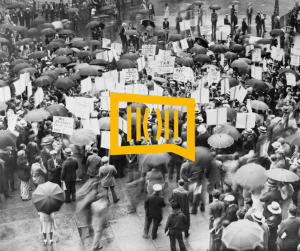The Serbian government has taken yet another step in its systematic campaign to silence independent journalism. For the first time, an N1 European correspondent has been intentionally excluded from a press conference held by President Aleksandar Vučić in Brussels. This move is not only an alarming precedent but also a direct act of retaliation against a journalist for doing his job.
On Tuesday, President Vučić met with European Commission President Ursula von der Leyen and European Council President António Costa, after which he held a press conference. While all other Serbian journalists were informed about the event, N1’s European correspondent, Nikola Radišić, was deliberately left out. The timing of this exclusion is no coincidence—it comes just days after he posed difficult but essential questions to President Vučić about the possible use of sound weapons against protesters in Serbia.
This blatant act of discrimination is part of a broader and escalating crackdown on media freedom in Serbia. In recent months, independent journalists working for media outlets under United Media’s portfolio in Serbia have faced increasing harassment, physical attacks, and coordinated smear campaigns orchestrated by state-controlled media and government officials. The highest-ranking figures in Serbia—including the President, Prime Minister, government ministers, and the Speaker of Parliament—have openly targeted independent media, branding journalists as foreign agents and enemies of the state.
We have repeatedly warned about the alarming deterioration of media freedoms in Serbia. The exclusion of independent journalists from government events is not just an attack on N1—it is an attack on the public’s right to be informed. Journalists exist to ask questions, not to be punished for them.
We urge international journalist organizations to strongly condemn this act of discrimination and pressure Serbian authorities to uphold the fundamental principles of press freedom.
The silencing of independent media must not become an accepted norm. The erosion of media freedoms in Serbia is not just a national crisis—it is a warning sign for press freedom across Europe. If the Serbian government is allowed to blacklist journalists without consequence, others will follow.
This is a test of democratic resilience, and we must not allow those in power to decide which journalists get to do their job and which voices are silenced.
Source: N1



